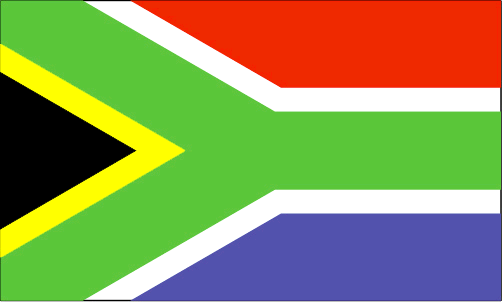
South Africa's National Assembly is considering the Films and Publications Amendment Bill [text], which is intended to amend the Films and Publications Act of 1996. The bill has sparked great controversy in the Internet community. Many critics call it the "Internet censorship bill."
What are the fears of censorship? Part of the controversy is the section establishing an independent rating system for "digital films, digital games and certain publications." Critics argue that the provision is overly broad and could apply to every creator of videos on YouTube in South Africa, even user-generated content--thereby subjecting them to register as a distributor with the Film and Publication Board (FPB's). Section 24A treats failure to register as a potential criminal offense subject to fine or imprisonment ("(1) Any person who knowingly distributes or exhibits in public a film or game without first having been registered with the Board as a distributor or exhibitor of films or games shall be guilty of an offence and liable, upon conviction, to a fine not exceeding R150 000 or to imprisonment for a period.").
In addition, any distributor under the FPB's jurisdiction would be required to maintain controls to prevent individuals under 18 years of age from accessing material classified as "X18," including the following verification:
- the distributor shall keep, solely for his or her private records, a register of all instances where access was granted to a user, whose name, address and verifiable age must be noted in the register kept for that purpose.
- the register referred to in paragraph (e) must be kept for one year from the date when distribution took place.
Critics argue this registry could chill adults from accessing legal content and constitute an invasion of privacy. According to new reports, the Democratic Alliance, "MultiChoice, eNCA, eTV, Right2Know, Media Monitoring Africa, the SOS Coalition, the South African National Editors Forum, the National Association of Broadcasters, Google and the South African Broadcasting Corporation (SABC)" have all opposed the bill.